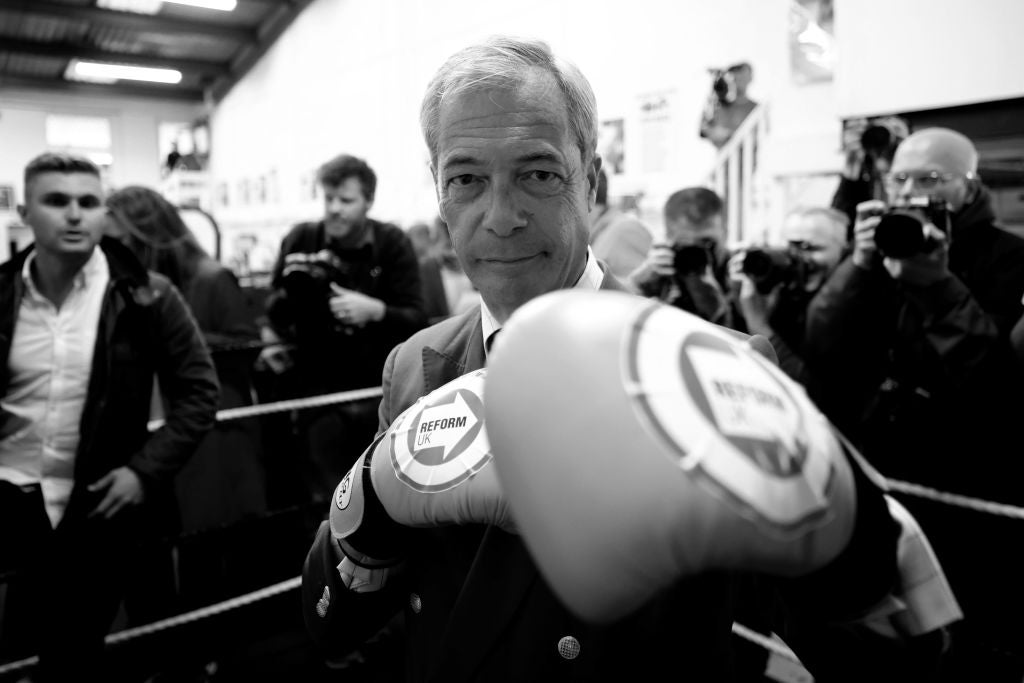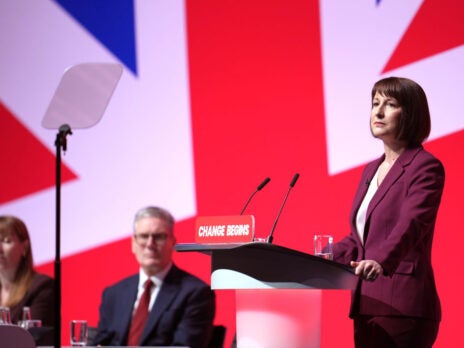
Steady as She Goes or Shake Things Up? These are the two camps, broadly, voters have been coalescing around for quite some time – long since the Financial Crisis, if not before. A desire for stability and security above all else is what sent so many mortgage-owners and those of middling affluence into Labour’s arms at the 2024 election. They are the Steady as She Goes voters – they want parties that preserve their position. It’s not that life is easy for them. It’s rather that what they’ve built they want to preserve.
But those with little built, those overwhelmingly irate with the system, more apathetic than enthused about detailed policy solutions, interested in dramatic rather than incremental change, did not show up for Labour. While initially seeming like they may fall in line behind Starmer, these voters grew less enthused the closer we got to polling day. They are a mix of young and old, poor and retired. The young drifted to the Greens (or strayed into the realm of indifference), and the old to Reform. Which, succinctly, explains in part Labour’s underperformance at the polls.
Shake Things Up represents a majority stake of the electorate. Not by much. But there are more people not basking in material benefits of the modern day than those who are (at least that’s how they feel). Dramatic messaging appeals to these people.
Reform made large advances at the election – and not just across England and Wales as Ukip once did. In Scotland they did six-times better than Ukip did in 2015. The primary driving factor is voters who prioritise immigration beyond other policy concerns. However this was not the exclusive pull factor. The cost of living was king last year, was king during the election campaign, and remains king until voters feel a material relief in their outgoings and living standards.
Some Labour MPs claim in private that they’re not worried about Reform. They think that scandal, and traditional Faragista infighting, will condemn Reform to the electoral shadows. But this misses the point: they are not a conventional political party like Labour and the Conservatives. The sentiment they represent cannot be greatly compromised by embarrassing candidates and scandal.
In the early 2010s, the economy almost entirely trumped immigration as a dominant issue (right up to the point that living standards improved post financial crash). As consumer confidence rebounded, however, immigration returned to the table as an electoral issue and this transferred into the 2015 Ukip surge and Vote Leave.
The salience of immigration as an issue exists among the median Briton. It is precisely when voters have the time to breathe - when they have things to consider beyond their own immediate circumstances - that it hoves into view. At this point the sensibilities of Shake Things Up emerge in the more materially-stable Steady As She Goes contingent. This is how boats and borders become a middle class concern.
This is why I have made this prediction: when the cost of living crisis recedes, immigration replaces it as a voter-motivating issue. As the electorate looks beyond immediate circumstance it is freed up to begin considering the broader contours of the country. And we are still a country - by majority - that prefers tighter immigration controls to looser.
The stage is set for immigration to return as a key issue in British politics - and it won't just be the reserve of irate Conservatives and the Reform base. Labour need to be ready for it too. But Reform - or more specifically, the sentiment that breeds Reform-type parties - is not going anywhere.


